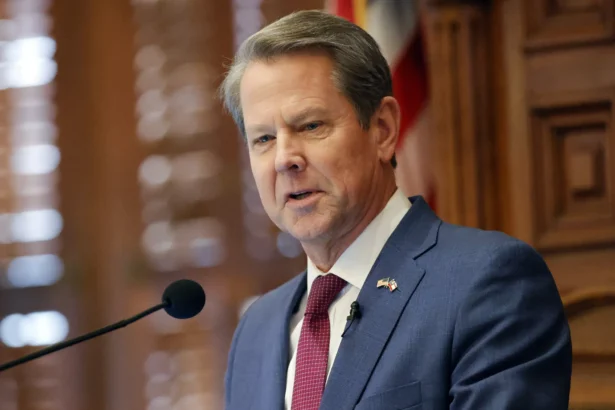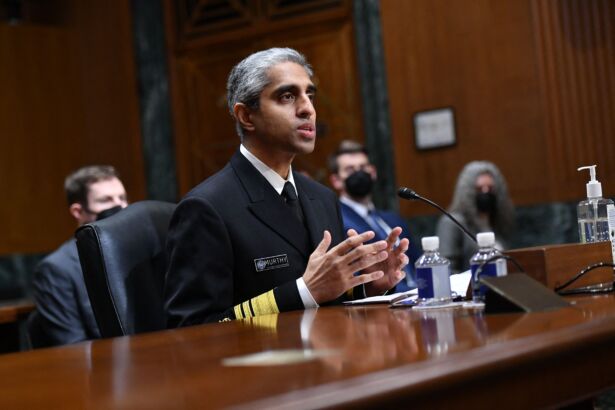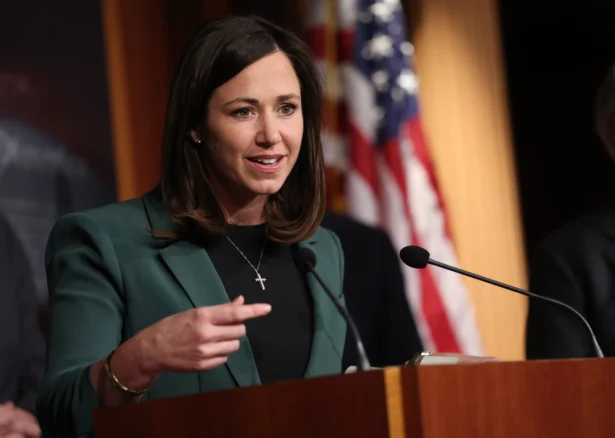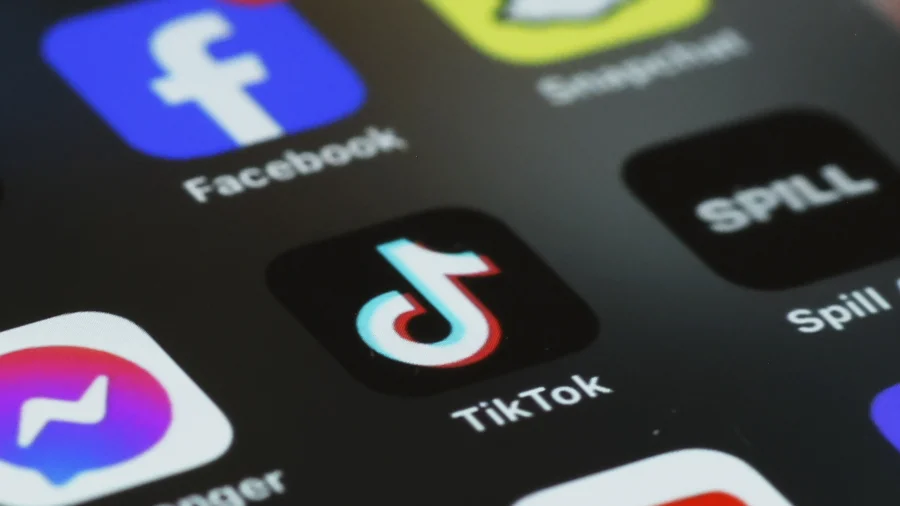Georgia lawmakers approved a bill on Friday that would require children under 16 to have their parents’ explicit permission to create social media accounts.
Senate Bill 351 would also ban social media use on school devices and school internet services, require pornography sites to verify whether users are 18 or over, and mandate schools to provide additional education on social media and internet use.
With the bill, Georgia joins a number of other states that passed laws last year requiring parental consent for children to use social media, including Louisiana, Arkansas, Texas, and Utah.
The bill was passed in the House 120-45 and approved by the Senate 48-7. The law now awaits final approval—or veto—by Gov. Brian Kemp.

The proposed measure requires social media services to have made “commercially reasonable efforts” for age verification by July 1, 2025. Services would have to treat anyone who can’t be verified as a minor, and parents of children under 16 would have to consent to their kids joining a social media platform.
Ad customization targeting children would also be limited, including the amount of data that can be collected on those children—such as the data that is used to tailor algorithms to the specific user, which can drive children towards excessive use.
The ban on social media use in schools excludes email, news, gaming, online shopping, photograph editing, and academic sites. The bill mandates a model program on the effects of social media for students in grades 6-12 and requires the updating of existing anti-bullying programs.
The Georgia bill further requires age verification on porn sites through the submission of a digitized identification card or some other government-issued identification. Companies could be held liable if minors were found to access their sites, with fines of up to $10,000.
“It will protect our children,” said Rep. Rick Jasperse, a Republican, who hopes that the age verification requirement will lead pornographic sites to cut off access to Georgians.
Earlier this month, the 5th U.S. Circuit Court of Appeals upheld a Texas age-verification law, prompting pornography giant Pornhub to cut off access to their site in the state.
Objections and Opponents
Some have warned that the bill in its current state would be problematic. Democrat Rep. David Wilkerson, for instance, said that the ban on the use of social media in schools will stop teachers from showing educationally valuable YouTube videos.
“If we do pass this, we’ll be back fixing this next year, because there are too many issues with this bill,” Mr. Wilkerson said.
The Free Speech Coalition, a trade organization representing the pornographic film industry, claimed that the Georgia bill was ineffective because it is easy for internet users to mask their location, and because people would be reluctant to transmit sensitive information. Reflecting their name, the trade association also argued that the bill was “unconstitutional” because it violated freedom of speech and is suing multiple states over the laws.
Arkansas law requiring parental consent for minors to create new social media accounts was blocked in June by a federal judge following a complaint by NetChoice—a tech industry trade group representing Amazon, Google, Meta, TikTok, X, and others—alleging the law violated the First Amendment and undermined citizens’ privacy.
Youth Mental Health Crisis
Georgia State Rep. Scott Hilton, a Republican, argued that the bill is just a first step toward limiting children’s social media use.
“Every rose has a thorn, and that’s social media in this generation,” Mr. Hilton said. “It’s great for connectivity and activism, but it has reared its ugly head on mental health.”
U.S. Surgeon General Vivek Murthy warned in May there is not enough evidence to show that social media would even be safe for young people, calling on tech companies, parents and caregivers to take “immediate action to protect kids now.”

Mr. Murthy called on policymakers to regulate social media for safety the way they do car seats and baby formula, and asked tech companies to increase transparency with regards to how they are targeting their underage users.
A Harvard study published several months later found that social media companies had largely remained reluctant to change their data, despite earlier promises.
Currently, dozens of U.S. states, including California and New York, are suing Meta, the parent company of Facebook and Instagram, claiming the company harms young people and contributes to a youth mental health crisis by knowingly and deliberately designing features that addict children to its platforms.
Nationwide Restrictions in the Making
The growing awareness of the negative effect of social media on children’s development and mental health has more people looking to reduce the damage, with Congress having a bipartisan bill in the making for a complete ban of social media for children under 13 and required parental consent until the age of 18.
In April, senators Katie Britt (R-Ala.), Tom Cotton (R-Ark.), Brian Schatz (D-Hawaii), and Chris Murphy (D-Conn.) introduced a bipartisan bill banning social media for all children under 13 and requiring parental consent until the age of 18.
“There is no doubt that our country is facing a growing mental health crisis and a deteriorating culture of violence,” Ms. Britt said. “The only beneficiaries of the status quo are social media companies’ bottom lines and the foreign adversaries cheering them on.”

“As a parent of two kids—one a teenager and one about to be a teenager—I see firsthand the damage that social media companies, 100 percent committed to addicting our children to their screens, are doing to our society,” Mr. Murphy said. “This is a reality that we don’t have to accept.”
“The idea that an algorithm has some sort of First Amendment right to get into your kid’s brain is preposterous,” said Mr. Schatz, who initially brought the bipartisan group together. “The idea that a 13-year-old has some First Amendment right to have an algorithm shove upsetting content down their throat is also preposterous.”
Mr. Cotton noted that social media exposes children to a variety of potentially harmful things, ranging “from bullying and sex trafficking to addiction and explicit content.”
“Just as parents safeguard their kids from threats in the real world … our bill will put parents back in control of what their kids experience online,” he said.
Florida went ahead and on Monday approved a law banning social media accounts for all children under 14 in the state—regardless of parental consent—and requiring parental permission for those aged 14 and 15.
The Associated Press contributed to this report.

